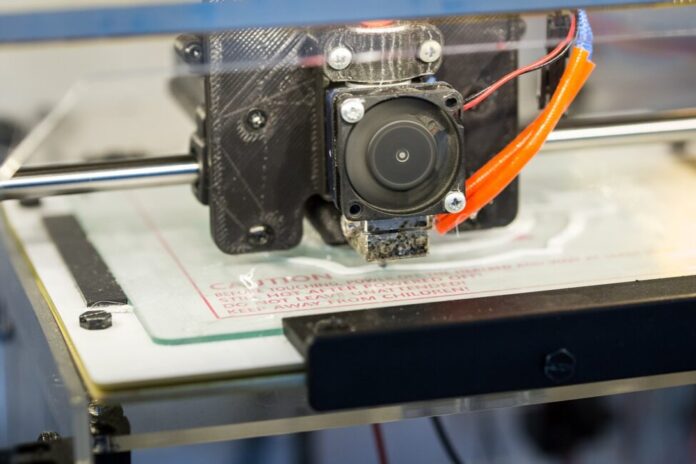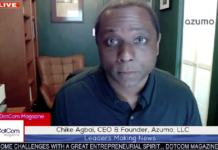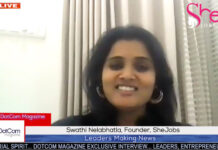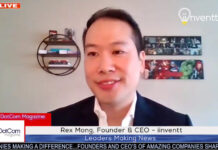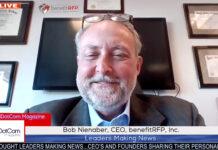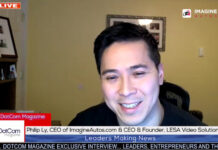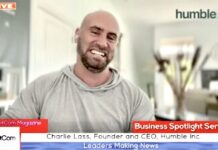Bringing electronic hardware and the accompanying software to market is rarely a speedy or cheap process. Usually, months of building and testing are needed. Despite this, there are some ways that you can cut the cost of such a product.
Reduce Complexity
Sure, it’s a nice idea to make a product that can flawlessly perform a wide array of functions. However, sometimes this isn’t practical.
More often than not, simplifying your design to the point that you can reach the minimum standard to release it to the public will allow you to bring it to market much faster. It doesn’t mean bringing an unfinished or imperfect product out but instead offering a build to the public that you may want to improve in the future.
Taking feedback on board for a simpler design can allow you to update your product later, specifically for your target market, ultimately resulting in a more refined idea. It also means that you will not burn through all your capital in the initial R&D phase.
Outsourcing Saves Money and Time
Developing an electronic product in-house is often arduous and expensive, especially if you do not have lots of experience. An excellent way to get around this is to outsource some of your product design and development.
Companies like Ignys offer electronic product development services, which can significantly streamline the process of making your idea a reality. Outsourcing some aspects of product development to expert firms can help to reduce the cost of R&D, as fewer snags will occur, and ultimately your offering will make it to market sooner.
Additionally, sourcing quality electronic components and managing inventory efficiently can save a considerable amount of money. By negotiating bulk purchases, seeking out cost-effective suppliers, and implementing just-in-time inventory systems, companies can reduce overhead costs and improve their bottom line. Proper planning and strategic sourcing are key to maintaining a balance between cost savings and quality assurance.
You Don’t Need a Patent Right Away
This advice is specifically for start-up companies. If you have a fantastic idea for a groundbreaking product, it is a common pitfall to patent the design immediately.
While it is natural to want to protect your design, it is crucial to remember that most patents will never make it to market. Getting a patent is a long and expensive process, which can end up costing thousands. For a smaller business, the amount of money and time spent getting your idea patented can be the difference between life and death.
Rather than opting to go all the way through the patenting project right away, you should consider not progressing your patent application at first. This will protect your intellectual property for 12 months but will be far less costly. If your product is successful during this period, you can always progress the application later.
Overall, you should not make a patent your number one priority when starting a new business. The money and time are often better spent elsewhere, and you should still be able to protect your ideas regardless. You can find a more detailed explanation of “provisional” patenting here.
In Conclusion
The main takeaway here is that for a start-up company looking to develop an electronic product, getting your idea realised as efficiently as possible is vital. Many businesses have great ideas that may well be revolutionary but can stumble during development by spending too much money. By thinking about the suggestions above, you may get your product to market faster, giving it a better chance of success.


